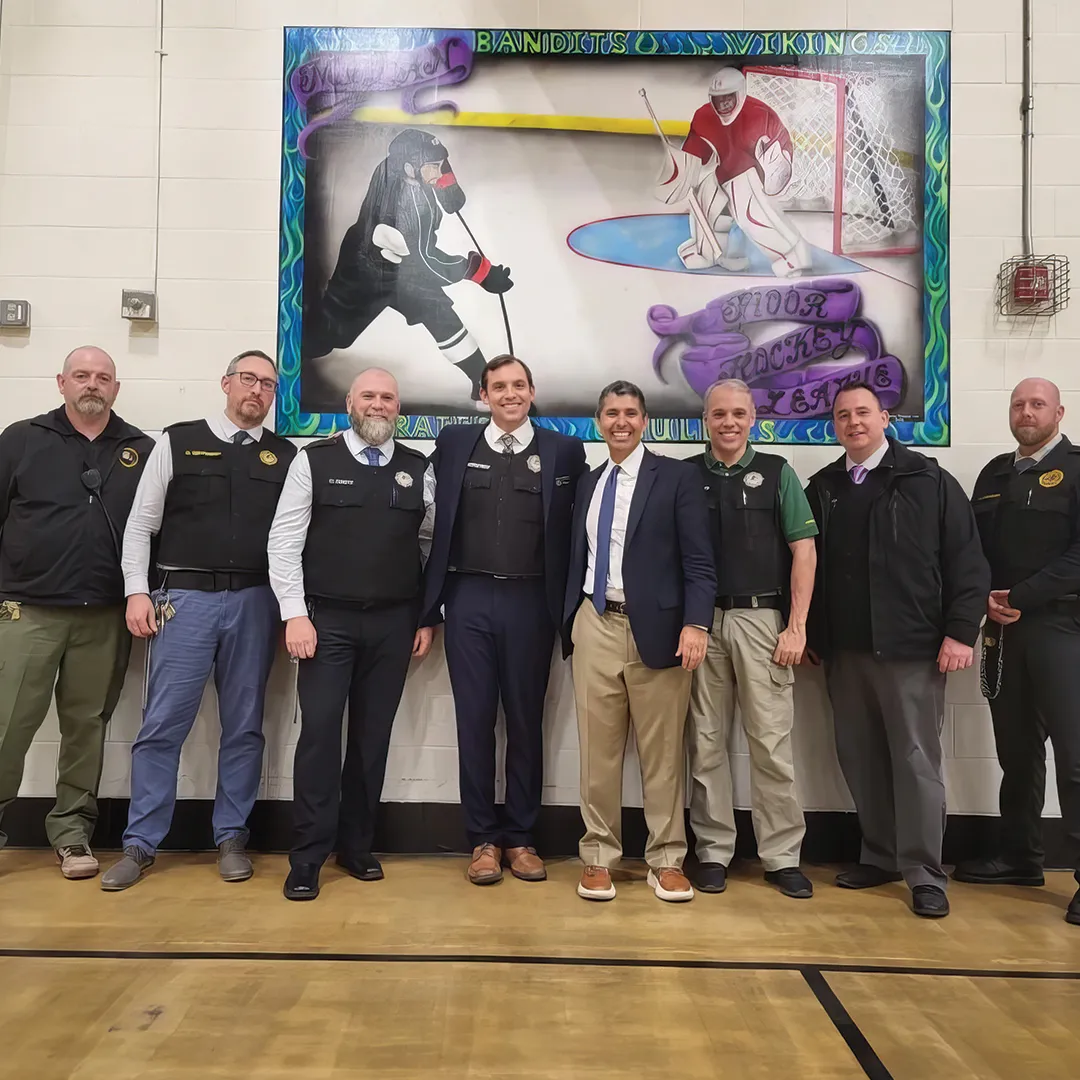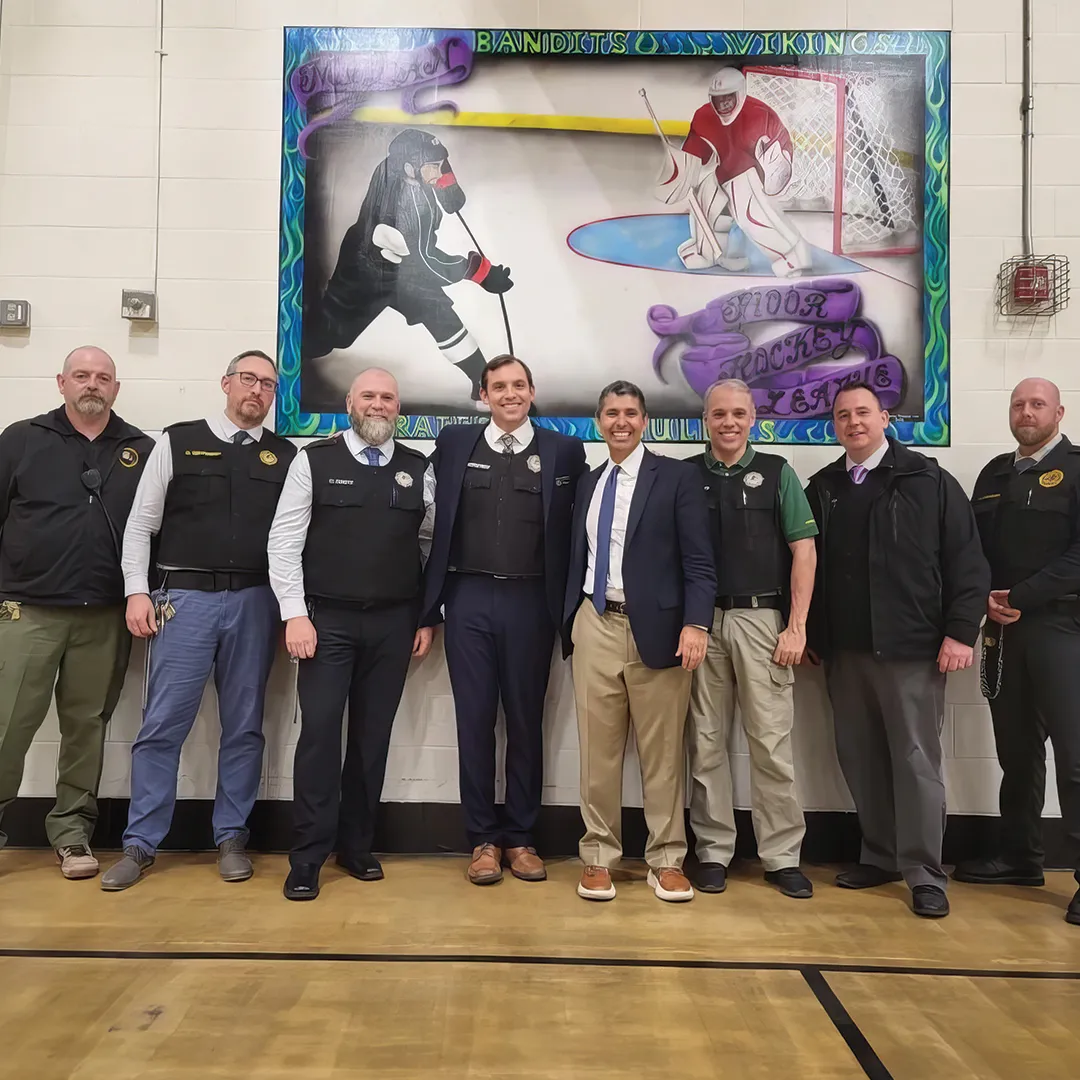
Visit to FCI Milan: Turning Lessons Into Action
When I visited the Federal Correctional Institution in Milan, Michigan, I spoke to several hundred men gathered in the prison’s gymnasium. The purpose of my visit was to emphasize the importance of preparing for success after prison, and I was grateful for the energy and engagement in the room.
Preparing for Success After Prison
During my presentation, I introduced the ten-module course we developed, Preparing for Success After Prison:
- Defining Success
- Setting Goals
- Attitude
- Aspiration
- Action
- Accountability
- Awareness
- Authenticity
- Achievement
- Appreciation
Each module is designed to help people think differently, to prepare deliberately, and to live as if they are the CEO of their life.
The Question That Sparked Innovation
During the Q&A session, one man asked a question that has stayed with me: “What should we do after we complete the course?”
The answer, in theory, was simple: if someone truly masters the ten lessons, they will know what to do next. They will have the tools to:
- Develop a plan.
- Prioritize their actions.
- Build tools, tactics, and resources.
- Execute their plan consistently.
- Keep going—never stop.
But that question revealed something more important. It showed me that people need a system to document their progress, to create a transparent record of their preparation for success.
Building the Profiles Section
That moment at Milan prompted me to invest in developing the Profiles section of PrisonProfessors.org. To succeed in our advocacy, we need people to be intentional about their adjustment and to memorialize their journey.
By publishing biographies, journals, book reports, and release plans, they earn points and appear on leaderboards. These records serve multiple purposes:
- They keep people focused on growth.
- They demonstrate accountability.
- They provide data we can use to advocate for policy reforms that incentivize excellence and open pathways to liberty through merit.
Gratitude
My visit to Milan reminded me why this work matters. The men’s questions reflected a genuine desire to grow and prepare for brighter futures. By continuing to document progress, they not only strengthen their own reentry prospects but also fuel a movement that can reshape how society defines justice and success.
Would you like me to also draft a shorter version of this Milan article (around 250–300 words) for use as a newsletter update that could highlight the Profiles system as a direct response to incarcerated people’s needs?

